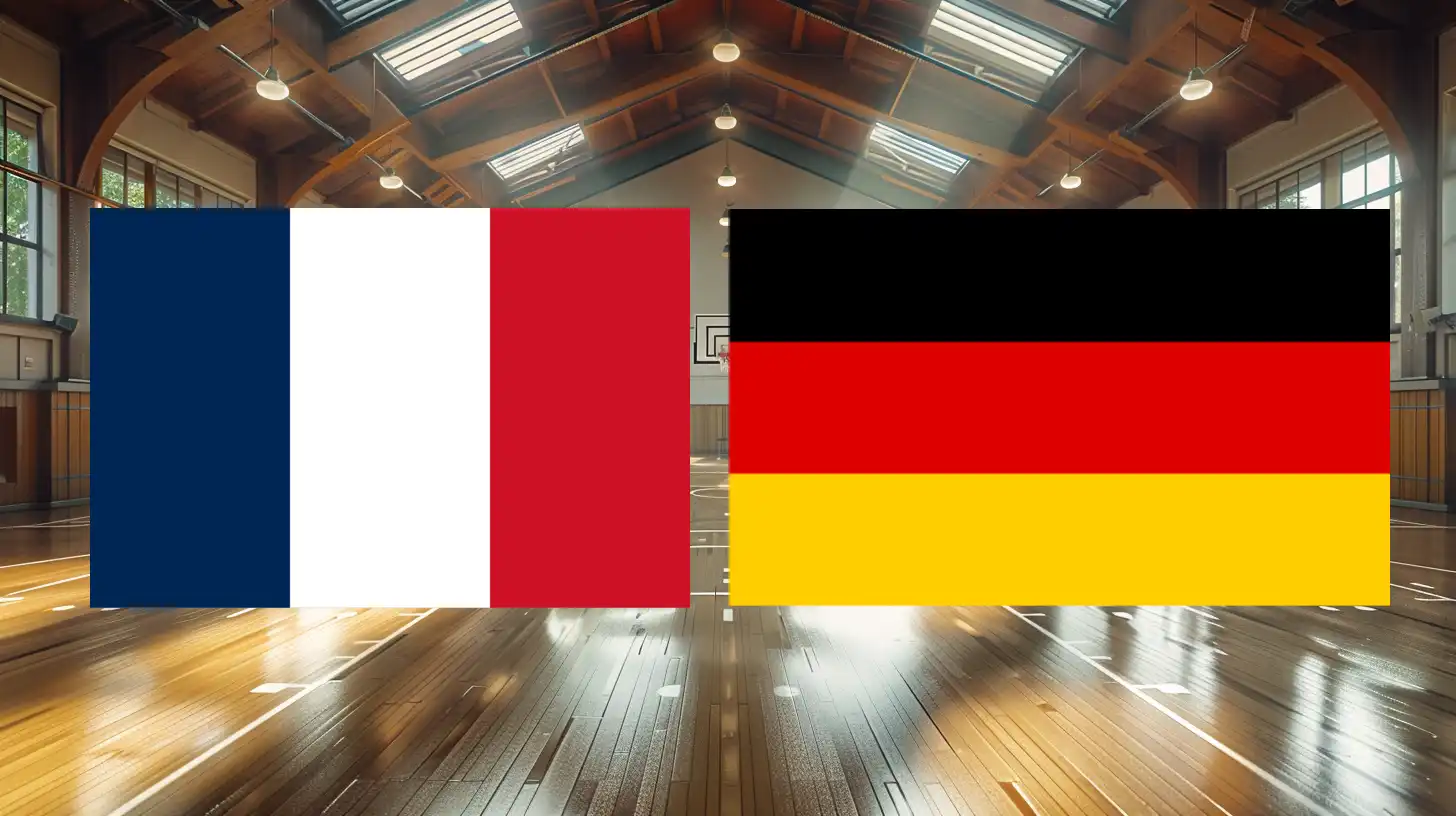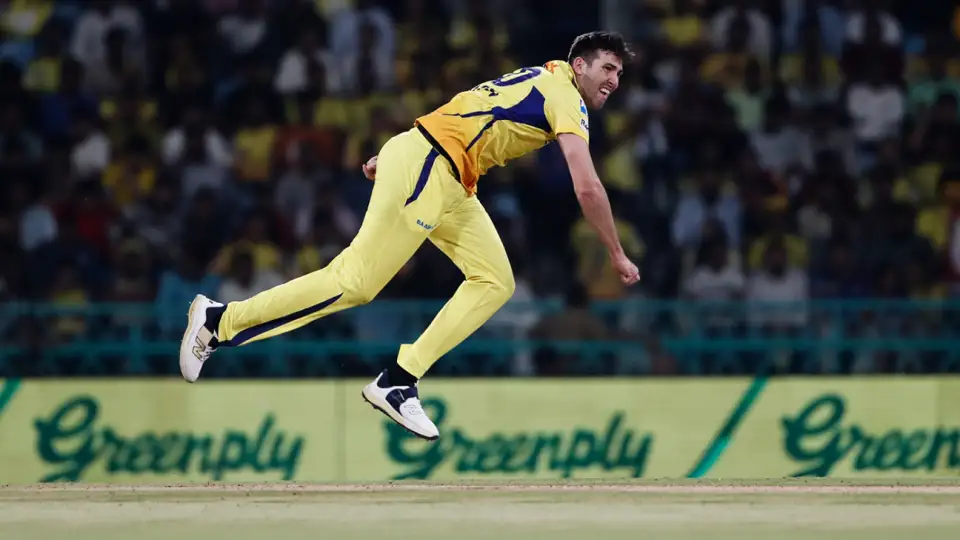In a groundbreaking moment for women’s football, Nouhaila Benzina, a Moroccan defender, etched her name in history as the first player to wear a hijab at a World Cup. This milestone took place during Morocco’s second match at the 2023 Women’s World Cup, where they secured a crucial 1-0 victory against South Korea. Let’s delve into this significant event and understand the impact it has on the world of sports and beyond.
The Journey of Nouhaila Benzina
Nouhaila Benzina, born on May 11, 1998, in Kenitra, Morocco, is a talented defender who represents ASFAR (Association’s Sports of Forces Armed Royal) and the Morocco women’s national team. With her skills and dedication, she has earned caps for Morocco at both the under-20 and senior levels, showcasing her commitment to the sport.
The Historic World Cup Appearance
The FIFA’s authorization of head coverings for religious reasons in 2014 paved the way for Nouhaila Benzina to make her debut World Cup appearance at the ongoing 2023 Women’s World Cup tournament in Australia. Her selection in the starting lineup for the match against South Korea was a defining moment for her, her team, and millions around the world.
Impact and Inspiration
Nouhaila Benzina’s decision to wear the hijab on the football field carries immense significance beyond the sport itself. Her choice represents a triumph over the barriers and challenges faced by Muslim women in sports. By donning the hijab during the match, she not only defied stereotypes but also became a symbol of inspiration for Muslim girls and women worldwide.
Morocco’s Women’s Football Milestone
Morocco’s participation in the 2023 Women’s World Cup marked their first-ever appearance in the prestigious tournament. As the first Arab or North African nation to qualify, the Moroccan team felt a sense of pride and responsibility to showcase their achievements on the global stage. Nouhaila Benzina’s groundbreaking moment further solidifies their position in women’s football history.
Impact on the Game
Nouhaila’s presence on the field as the first player to wear a hijab at a senior women’s international tournament reflects the growing diversity and inclusivity in football. FIFA’s decision to lift the ban on hijabs in 2014 opened doors for players like Benzina to express their faith and identity while competing at the highest level.
Conclusion
Nouhaila Benzina’s remarkable feat as the first player to wear a hijab at a World Cup represents a powerful message of empowerment, breaking barriers, and embracing diversity in the world of sports. Her impact goes beyond football, inspiring women and girls to pursue their dreams and passions irrespective of societal norms or expectations. As the 2023 Women’s World Cup progresses, Nouhaila’s milestone will be remembered as a defining moment in the journey towards a more inclusive and diverse future for women’s football.

























